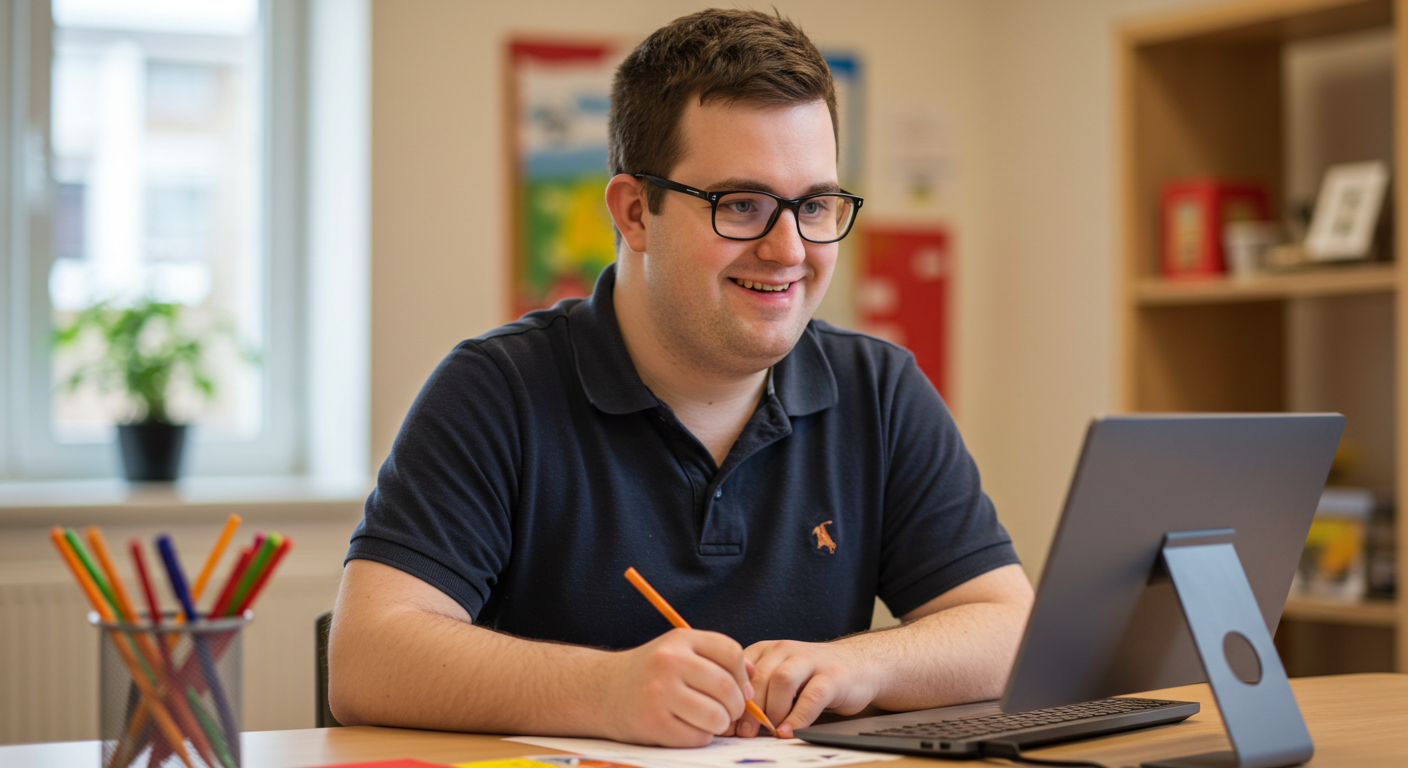
Transitioning to adulthood is a significant milestone for everyone, but for young adults with learning disabilities, this period presents unique challenges and decisions. One of the most pivotal choices is determining the right time to consider supported living arrangements. This decision is deeply personal and varies based on individual circumstances, needs, and aspirations.
Understanding Supported Living for Young Adults with Learning Disabilities?
Supported living services provide housing with tailored support to help individuals live as independently as possible. This option is ideal for people with learning disabilities and other support needs, allowing them to receive the right level of assistance in their own homes.
There are various types of supported living arrangements. Some individuals prefer to live alone, while others may share a home with roommates. The level of assistance can range from help with daily activities, such as cooking and personal care, to support with employment and social integration. The primary goal is to empower individuals to lead fulfilling lives within their communities.
People in supported living have individual tenancy agreements. The housing is typically provided by a specialist landlord, while care and support services—such as those offered by JJ Dynamic Solutions—are delivered separately to meet each person’s unique needs.
Assessing the Need for Supported Living
Determining when to transition to supported living involves careful consideration of several factors:
Benefits of Supported Living
💡As of 2025, approximately 1.5 million people in the UK have a diagnosed learning disability. This includes nearly 300,000 children and a significant number of young adults transitioning into adulthood. Despite the potential for independence, only about 6.6% of adults with learning disabilities in the UK are engaged in paid employment, highlighting the challenges they face in achieving autonomy. Source: Crown Counseling
Challenges in the Current System
Recent reports have highlighted systemic issues affecting individuals with learning disabilities. Funding cuts, inadequate planning for transitioning youths to adult care, and a lack of community inclusion are critical problems. These challenges underscore the importance of timely and appropriate support interventions.
Personal Stories: The Impact of Supported Living
💡 Personal experiences shed light on the transformative impact of supported living. For instance, Christopher, a 25-year-old with learning disabilities, shared his journey to independence through supported living. He emphasized how tailored support enabled him to manage daily tasks, pursue interests, and build meaningful relationships, significantly enhancing his quality of life. Source: Young Minds
Transitioning to Supported Living for the First Time
Starting the journey to supported living is a major milestone for young adults with learning disabilities. While it’s an exciting step toward greater independence, it can also feel unfamiliar and overwhelming. That’s why having the right support is essential to ensure a smooth and positive transition.
Here are some helpful tips for young adults with learning disabilities and their families as they move into supported living for the first time:
Conclusion
Hoy JJ Dynamic Solutions can help
Our mission is to create a safe, joyful, and enriching environment for individuals with learning disabilities. We believe that with the right support, everyone can lead a fulfilling and independent life.
In our community-based homes, our dedicated staff fosters personal growth and encourages social connections. We support individuals in learning new skills, building meaningful relationships, and achieving positive outcomes in their lives.
Understanding that people with learning disabilities often have diverse health and support needs, we offer a range of flexible residential and supported living services. This ensures that each person receives the personalised care and support they need, when they need it.
